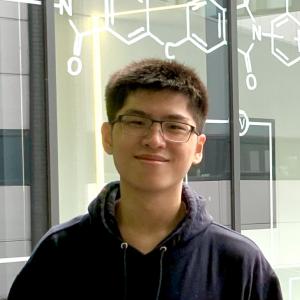
Thomas Cheng
Undergraduate Research and Innovation Scholar
Compressed Screening: High-Throughput Phenotypic Screening of Biological Ligands in Organoid Models
2020–2021
ChemE
- Biological and Medical Devices and Systems
Alexander K. Shalek
Organoids, defined as self-organizing 3-D structures derived from stem cells, promise greater representation of our tissues when compared to cell lines. However, organoid production scale-up remains difficult and their application in high-throughput screens is limited. Compressed Screening enables high throughput screening by testing multiple candidates in the same set of organoids. By optimizing combinations such that their bioactivity signatures and protein targets overlap minimally, downstream interactions are expected to be minimal, and their individual effects can be deconvoluted computationally. Applying Compressed Screening to screen biological ligands may potentially mediate the identification of phenotype-driving molecules and mechanisms, allowing model development of phenotypes relevant to complex diseases such as Inflammatory Bowel Disease and Pancreatic cancers.
“My main goal for my career in research is to develop new treatments and mechanistic understandings of Inflammatory Bowel Diseases. With a SuperUROP in the Shalek Lab, I plan to learn and contribute to the development of new technologies for understanding cells at the tissue level, and work to apply these technologies to diseases such as IBD.”
